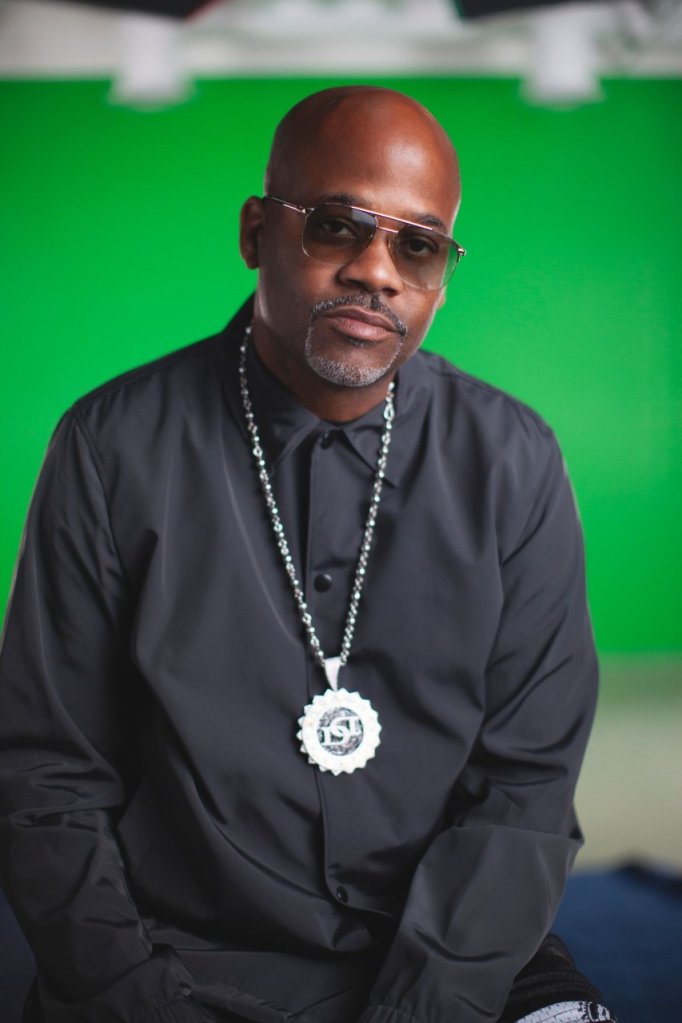One new walking tour in the downtown East End neighbourhood of Blake-Jones is teaching locals about Toronto’s rich Black history.
Between 2007 and 2019, outdoor basketball nets were removed from schools in the East End after 6 p.m., which sparked area resident Luke Galati, an alumnus of Earl Grey Sr. Public School, to start a petition in April 2019 and protest the decision.
Lannick Bennett Jr. felt the removal was a way for the TDSB to stop Black and other racialized kids from playing basketball. So, he came up with a plan to raise awareness about local Black history and created a free guided walking tour called #HearThis Black history in the #EastEnd, which spotlights Black figures in the area.
“I’m hoping that having events like this with massive crowds, or even a person, is the starting point of having bigger and better conversations about how anti-Blackness has more or less just been a thing throughout society, and that things didn’t just happen decades and centuries ago,” Bennett Jr. tells The Green Line. “It’s happening now.”
Led by Bennett Jr., the tours began on Aug. 2, 2024, and featured guest speakers such as Galati, who in 2019 advocated to bring basketball nets back to his alma mater, Earl Grey Senior Public School.
“The area has a lot of Black residents, and I think sometimes their stories don’t get amplified as much as they deserve. I also think that through exploring Black history, you’re also learning the history of other people, too,” Galati tells The Green Line.
From Leslieville to Riverdale to Blake-Jones, the tour brings to life the stories of activists Thorton and Lucie Blackburn, journalist Mary Ann Shadd, politician Lincoln Alexander, and many more.
“I am always very interested in learning about my local community and some of the histories that I never learned growing up in Ontario. And it was a great opportunity to listen from somebody’s lived experience, and get the backstory on Lincoln Alexander who is rarely mentioned,” says Alison Stewart, a tour participant on Aug. 23.
Bennett Jr. hopes to guide more walks in the future by asking local residents for more stories that need to be shared from the ground up.
“When I was in school looking at a history book, there were no Black stories. There was nothing that centred on the Black experience,” Bennett says.
“Living out in the East End for nearly 15 years, I’m still learning stuff about what goes on here.”



